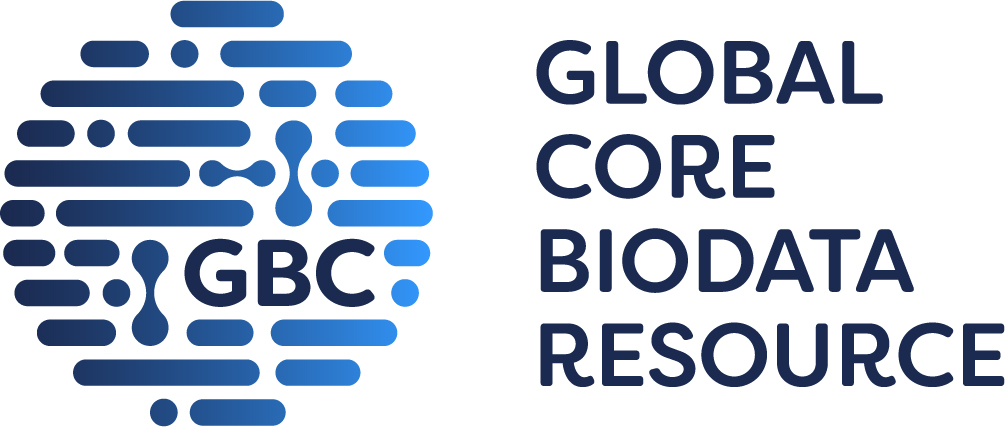
GtoPdb is requesting financial support from commercial users. Please see our sustainability page for more information.
Hereditary angioedema

GtoPdb Disease Summaries
This section gives an overview of the disease, and where available shows the following:
- Synonyms: Shows known synonyms for the disease.
- Description: Gives a basic description/definition of the disease.
- Database Link: External links to the same disease at the Disease Ontology, OMIM or Orphanet sites.
- Immunopharmacology comments: General comments about the target's role in immunopharmacology, provided by GtoImmuPdb curators.
- Associated with: Counts are displayed for the total targets the disease is associated with in GtoPdb. The counts of targets and ligands of immunological relevance associated to the disease are also shown.
More information can be found in the help pages.
✖| Disease ID: | 1218 | |
| Name: | Hereditary angioedema | |
| Associated with: | 0 target | |
| 2 immuno-relevant ligands |  |
|
| Synonyms |
| HAE |
| Description |
| Hereditary angioedema is an autosomal dominant disorder characterized by episodic local subcutaneous edema and submucosal edema involving the upper respiratory and gastrointestinal tracts. Mutations in two genes underlie the sub-classification of HAE types I and II (heterozygous mutation in the C1 inhibitor gene) and HAE type III (mutation in the coagulation factor XII (F12) gene. |
| Database Links |
|
Disease Ontology:
DOID:14735 OMIM: 106100, 610618 |
Targets

GtoPdb Disease Summaries - Targets
Click on the target name to link to its detailed view page
Where available, information is display on the role of the target in the disease; drugs which target the disease and their therapeutic use and side-effects.
If there is mutation data curated in GtoPdb this is indicated, with a link back to the appropriate section on the target detailed view page
Immuno ligand interactions - If available, a table of immuno-relevant ligands is shown. These ligands have been curated as having an association to the disease and possess interaction data with the target in GtoPdb. The approval status of the ligand is shown, along with curator comments and an indication of whether the target is considered the primary target of the ligand.
More information can be found in the help pages.
✖No target related data available for Hereditary angioedema
Ligands

GtoPdb Disease Summaries - Ligands
Click ligand name to view ligand summary page
- Approved: If the ligand is an approved drug this is indicated, along with approval bodies.
- Immuno: Immuno icon indicates the ligand is immuno-relevant
Click the arrow in the final column to expand comments
- Immuno Disease Comments: Curatorial comments specifically added as part of GtoImmuPdb. They give more information on the association between the ligand and disease in the context of immunopharmacology.
- Clinical Use: General clinical comments relating to the ligand and may not necessarily be specific to the disease in question. With hyperlink to more details on the ligand summary pages.
- Bioactivty Comments: Curatorial comments specifically about the compounds biological activity - with hyperlink to more details on the ligand summary pages.
More information can be found in the help pages.
✖| Key to terms and symbols | Click ligand name to view ligand summary | Click column headers to sort | |||||||||||||||||||||||||
|
|||||||||||||||||||||||||||
References
1. Anderson M. We are finally unravelling the mystery of what causes severe covid-19. Accessed on 22/09/2020. Modified on 22/09/2020. New Scientist, https://institutions.newscientist.com/article/2253987-we-are-finally-unravelling-the-mystery-of-what-causes-severe-covid-19/
2. Cicardi M, Levy RJ, McNeil DL, Li HH, Sheffer AL, Campion M, Horn PT, Pullman WE. (2010) Ecallantide for the treatment of acute attacks in hereditary angioedema. N Engl J Med, 363 (6): 523-31. [PMID:20818887]
3. Garvin MR, Alvarez C, Miller JI, Prates ET, Walker AM, Amos BK, Mast AE, Justice A, Aronow B, Jacobson D. (2020) A mechanistic model and therapeutic interventions for COVID-19 involving a RAS-mediated bradykinin storm. Elife, 9. DOI: 10.7554/eLife.59177 [PMID:32633718]
4. Robinson EL, Alkass K, Bergmann O, Maguire JJ, Roderick HL, Davenport AP. (2020) Genes encoding ACE2, TMPRSS2 and related proteins mediating SARS-CoV-2 viral entry are upregulated with age in human cardiomyocytes. J Mol Cell Cardiol, 147: 88-91. [PMID:32818486]
5. Roche JA, Roche R. (2020) A hypothesized role for dysregulated bradykinin signaling in COVID-19 respiratory complications. FASEB J, 34 (6): 7265-7269. [PMID:32359101]
6. van de Veerdonk FL, Kouijzer IJE, de Nooijer AH, van der Hoeven HG, Maas C, Netea MG, Brüggemann RJM. (2020) Outcomes Associated With Use of a Kinin B2 Receptor Antagonist Among Patients With COVID-19. JAMA Netw Open, 3 (8): e2017708. [PMID:32789513]







